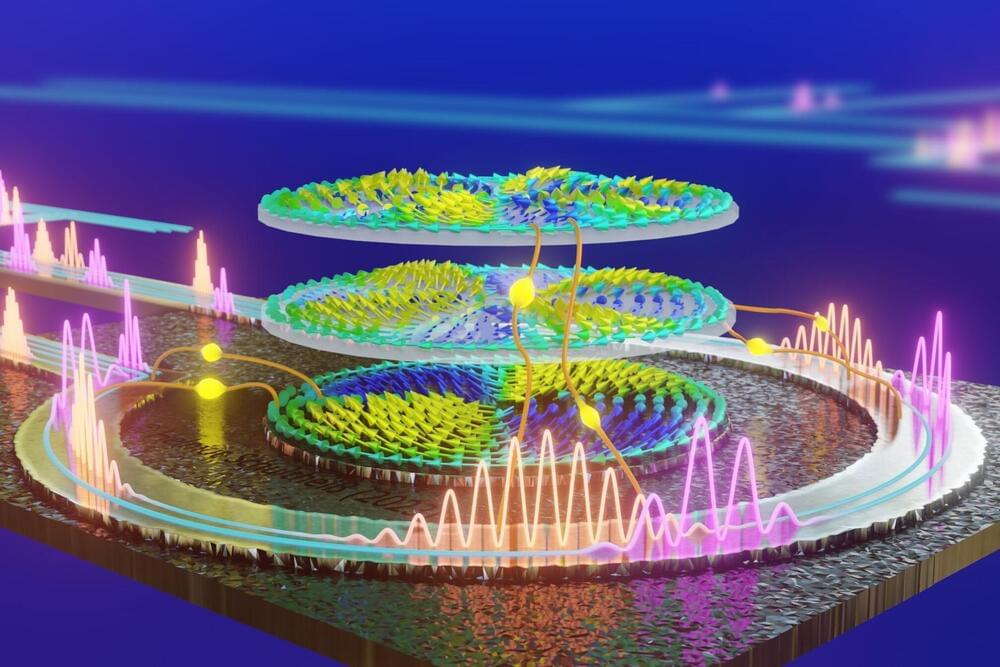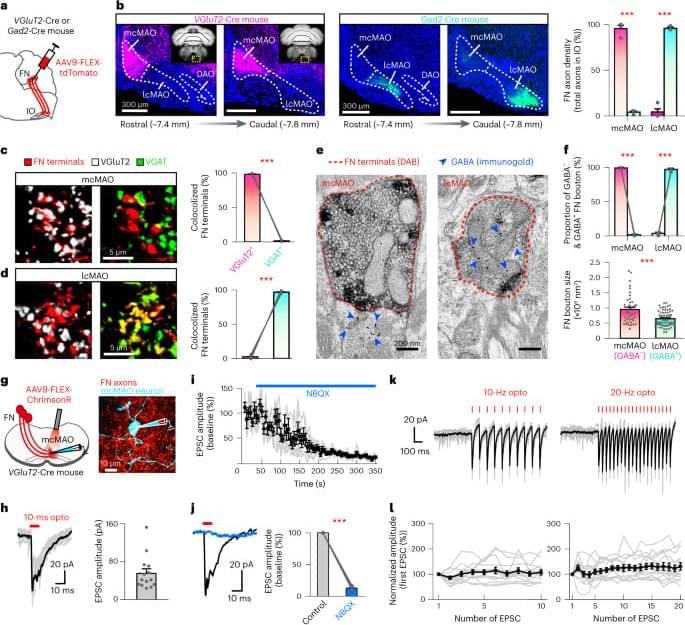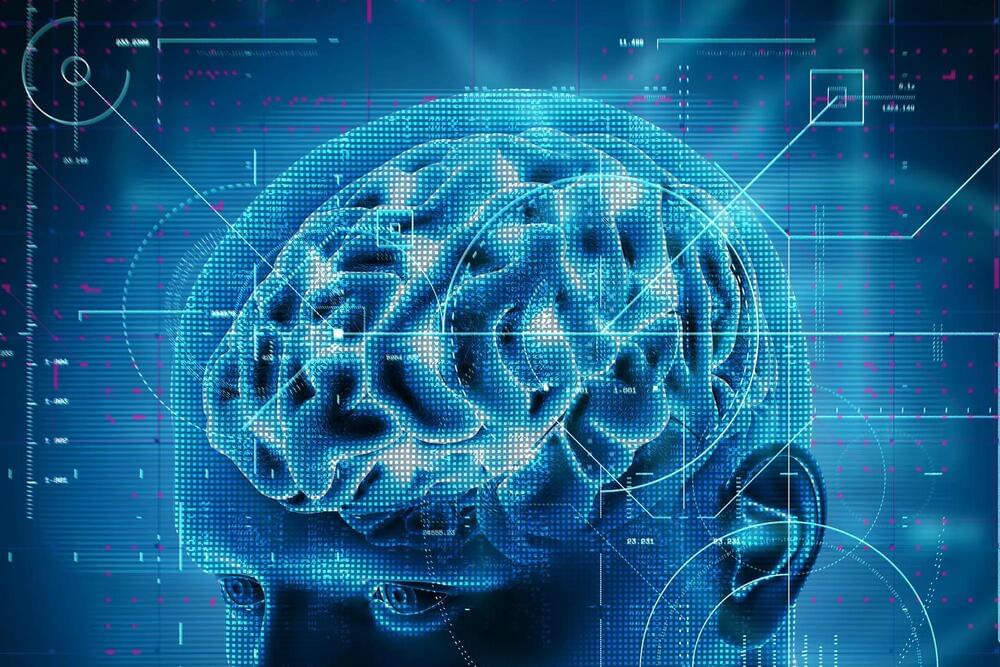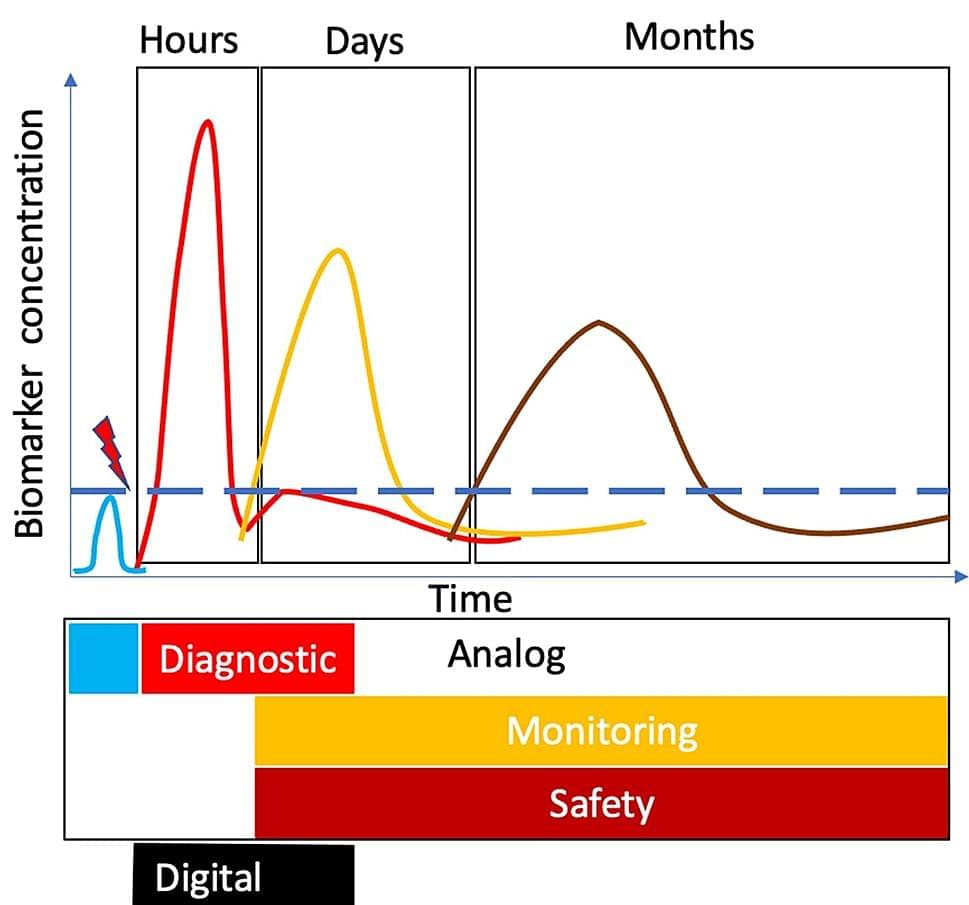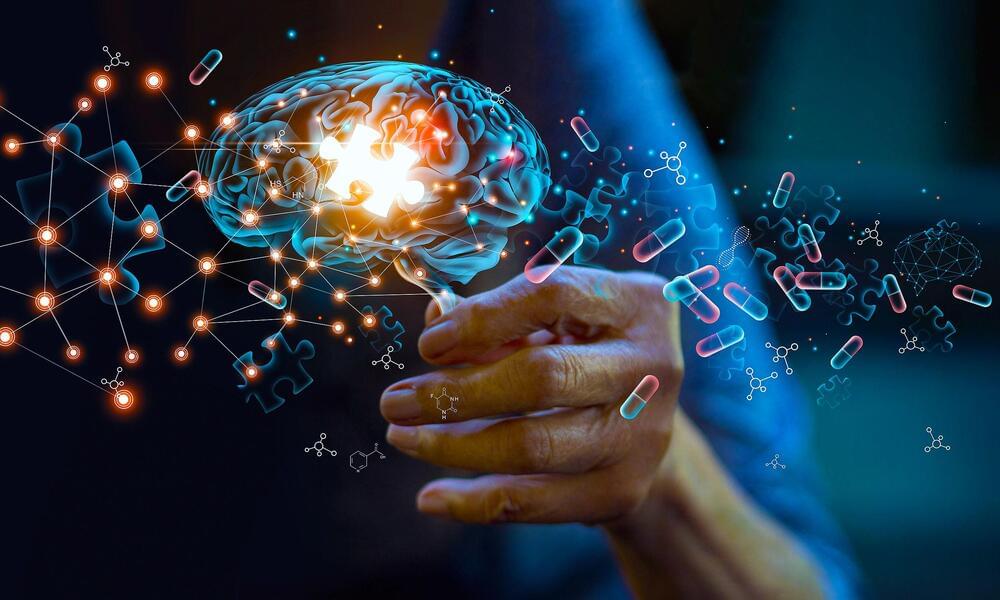Neuromorphic computers do not calculate using zeros and ones. They instead use physical phenomena to detect patterns in large data streams at blazing fast speed and in an extremely energy-efficient manner.
In their project NIMFEIA, Katrin and Helmut Schultheiß along with their team from the Helmholtz-Zentrum Dresden-Rossendorf (HZDR) have now taken this technology a tremendous step forward. They also demonstrated that their approach can be seamlessly integrated into conventional chip manufacturing. Their findings have now been published in Nature Communications.
What the researchers have developed at the HZDR-Institute of Ion Beam Physics and Materials Research is referred to by many names. “Neuromorphic computing,” for example, is one term, as the processes resemble those that occur within the brain. “Unconventional computing” is another name, as the technology is so different from the data processing that we are accustomed to today, which uses the Boolean logic of zeros and ones.
